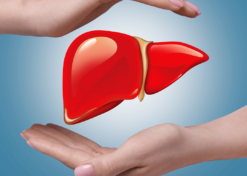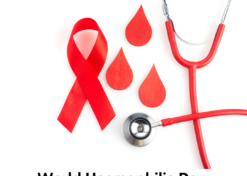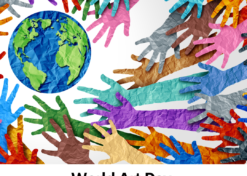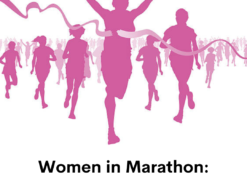Rising Cases of Acid Attacks in India
What could be more heinous as a crime: the act of upsetting a face with acid just to establish gender muscle or a gross societal denial to the victim, alienating her from a normal life?
For a country that worships more goddesses than gods, it is as ironic as it is alarming that India records the highest number of acid attacks in the world, and nine out of ten times women are at the receiving end. While the society remains astonishingly indifferent and the official apathy not making a significant change in the numbers, such acts of violence have been claiming the right to live a normal life for hundreds, every year. ‘Revenge’ against the ‘weaker’ mainly for issues like refusal to sexual advances, the inability of bringing enough dowries, giving birth to the girl child and as trivial as being a bad cook holds a mirror to the face of the society we live in.
ASFI adding purpose
The regular trauma that a victim is subjected to is manifold more than this report can make you understand. She’s aided with a compensation that varies between little and none at all. More importantly, the lost recognition and identity more often than not lead to house arrest or even suicide attempts. Acid Survivors Foundation of India (ASFI) is one of the earliest starters as an NGO that have started working diligently for the prevention of acid burn violence as well as for providing support services to survivors through a network of chapters and partners, by sharing knowledge, expertise and best practices.
Dibyaloke Rai Choudhuri, the Coordinator at the Headquarters of the ASFI in Kolkata, said, “I joined here in 2013 and as there are not many organisations working in the front, we are primarily looking at extending legal and medical help to the survivors through various collaborations.”
Shayanti Sengupta, a lawyer practicing at the Calcutta High Court and working as the legal consultant to the Acid Survivors Foundation India, was talking about human rights, the social status of the victims that she has represented and most importantly, the weaker links in the judicial as well as the administrative sections in our country. “When I spoke to one survivor, Moyna, she told me that her husband attacked her in 2000 because she gave birth to a girl child. However, after 16 years, she had no choice but to go back to her husband as the society was opinionated about a single mother. Isn’t it really unfortunate?” Sengupta wondered.
Meeting Piyali
Piyali was in seventh grade when her life changed for worse. She received acid burns, not as a target but for being in the thick of things at the most inopportune time. Cut to the present, she’s like any other girl; she laughs at her own jokes, at times rocking to an imaginary rhythm, while talking to the regular customers at her handicraft shop situated at the heart of the city. You can say that she sometimes gets oblivious to the harsh reality of being an acid attack victim. However, deep inside her mind, the trauma of a vindictive assault that she has experienced so early in her life still remains raw. She has resolved to the strength of character that is hard-earned and attained by overcoming a plethora of social taboos. “When I travel to work, people look at me. It used to be a problem, but now, after so many years, I have learned to look away,” Piyali said.
“ASFI has helped me to find a direction in my life. I work here and attend functions and seminars that are organised to raise awareness against this brutality. I think, I have also worked hard and now life is different,” she adds while attending to some of the customers looking for some specific handmade candles made by her and other survivors like her.
The smile on her face probably defeats the agony and the social animosity that the scars on her face depict. But, is sympathy an apt response to this lackadaisical status quo? The society, the system, the judiciary and the government should treat these barbaric acts more earnestly. Prevention is better than cure. Corporal punishment befitting the graveness of the crime, coupled with a fast-tracked process of delivering a verdict, is bound to set an example to the offenders and perhaps the society in large. Also, the rehabilitation of the victims, providing them with a life of self-esteem and fulfillment, will address the social highhandedness that is the norm at present. Initiatives taken by organisations like ASFI go on to highlight the lacunae of the system we are a part of and yet selflessly strive to make lives better.









